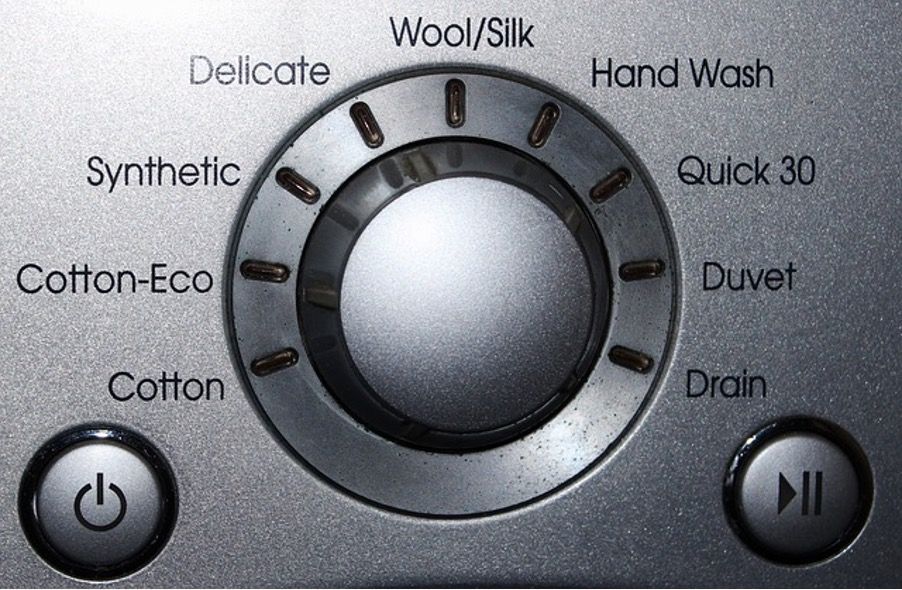Who cares!
Care is an interesting word within the accounting profession. We commonly come across reference to a duty of care, demonstrating reasonable care, acting with due care and showing an awareness of client care. All correct, of course, and, I would suggest, fundamental to professional service and behaviour.
However, these tend to define care within a technical context. How often do you think about care within a personal or business context?

Care is an interesting word within the accounting profession. We commonly come across reference to a duty of care, demonstrating reasonable care, acting with due care and showing an awareness of client care. All correct, of course, and, I would suggest, fundamental to professional service and behaviour.
However, these tend to define care within a technical context. How often do you think about care within a personal or business context?
As a verb, care is defined as being concerned or interested. As a noun, it is the provision of welfare, maintenance and protection or applying attention or consideration to doing something correctly.
Our profession tends to focus on the noun and primarily from a risk perspective. Applying attention or consideration to doing something correctly is what our training, systems and processes are all about. Professionally and commercially, that is important, of course. The training, systems and processes are only part of the equation here though.
When human characteristics such as boredom, frustration, anxiety, stress and lack of confidence come to the fore then care, as in applying attention or consideration to doing something correctly, is often what suffers. Do we focus enough on looking to eradicate these points of weakness?
I don’t think so. In this Digital Age, we seem to apply much more attention to fixing systems than fixing people.
Should we not be shifting our emphasis more towards care as a verb?
For many firms, the challenges they face revolve around three critical areas:
1. Getting clients and team members to better adhere to systems and processes
2. Getting team members to step up into more responsible roles
3. Getting client relationships to move onto a more added-value footing
If we focus more on care within the context of people being genuinely concerned and interested then we can drive change in these areas much more effectively than if we simply introduce more systems and processes.
I wonder if there are enough conversations within accounting firms about care in this context. We can see accounting as ‘just a job’ and focus on the technical qualities of care but does that move us forward on any of the three points above?
What we need is for people to truly care:
· Care about the quality of their work
· Care about their colleagues and firm
· Care about their clients
To do that we have to take their understanding beyond just the technical aspects of their work and to do that, we need to build far greater engagement in the human side of the firm and its clients. This means:
· Office conversations that go beyond deadlines and workflows and talk about people, visions, values, personalities, emotions and goals
· ‘Know you client’ evaluations that go beyond just the business numbers and involve the personal world of clients
· Client conversations that go beyond the tax and accounts and seek out positive influence and support
Creating an environment that defines care as a human consideration and not just a technical one can be the strategy that redefines an accounting firm and brings about the change in team and client engagement that many firms are struggling to initiate. The beauty is that it doesn’t require a huge investment in time and resources. What it does need is a flex in the way that we think: maybe more like the people that we are away from the office and less like the accountant that we are within it.



Still need more information?

Progress BB. All rights reserved. Website Design & Build by Kangaroo UK.